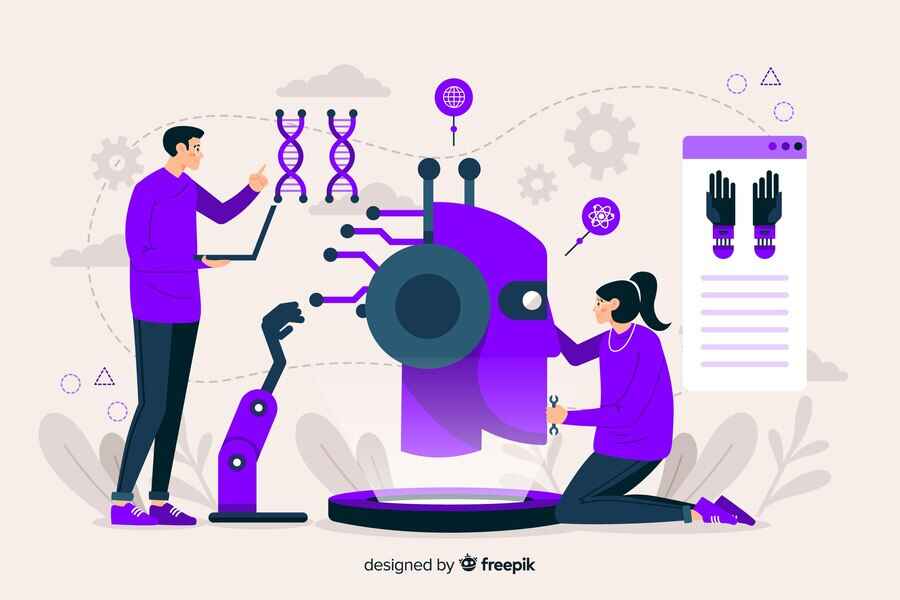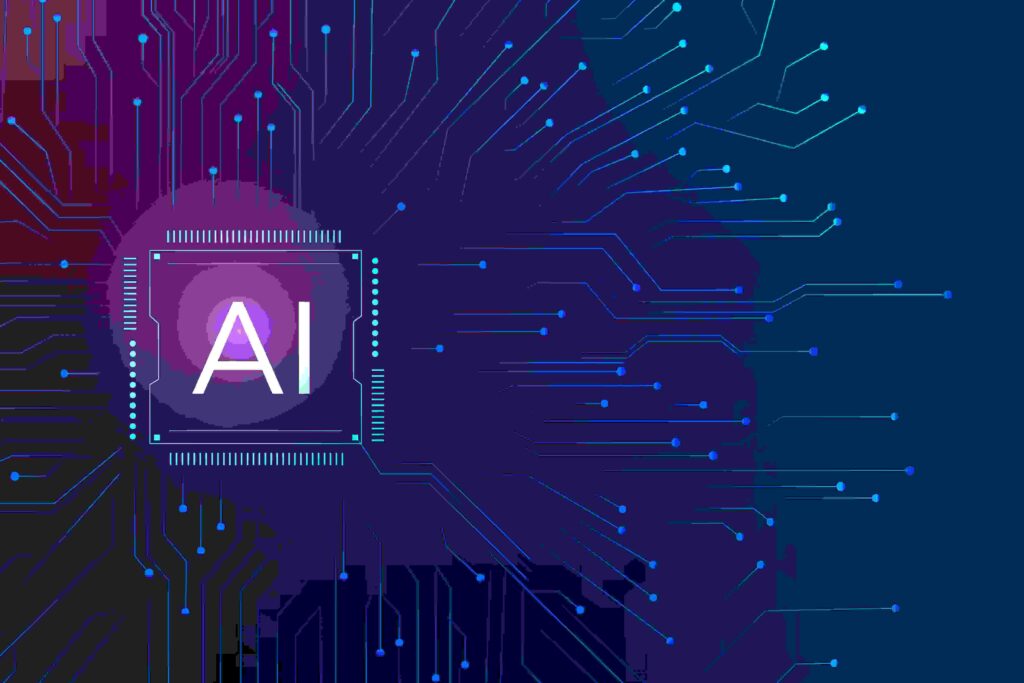

This transformation is fueled by professionals trained to design, deploy, and manage AI-powered solutions. Enter AI Customer Care Certification, your ticket to becoming a game-changer in the rapidly evolving customer service landscape.
Let’s dive into why AI Customer Care Certification is in such high demand, how it can supercharge your career, and what the future holds for AI-enhanced customer experiences.
Why AI is Reshaping Customer Service
In today’s hyper-connected world, customer expectations have skyrocketed. People want:
- Instant Responses: Gone are the days of waiting hours for a reply.
- Personalized Solutions: Generic isn’t good enough anymore.
- 24/7 Availability: Problems don’t work 9-to-5, and neither should solutions.
Traditional customer service models struggle to keep up. This is where AI steps in. AI Customer Care Certification trains you in the technology that allows businesses to provide fast, tailored, and around-the-clock service.
AI-powered tools can handle thousands of queries simultaneously, understand customer emotions, and even predict problems before they arise. But here’s the catch: These tools are only as good as the professionals managing them. That’s where AI Customer Care Certification comes in.
What is AI Customer Care Certification?
Think of this certification as a bridge between your existing customer service skills and the technological know-how needed to implement AI solutions effectively. It’s not just about understanding AI, it’s about mastering its application to create unforgettable customer experiences.
What You’ll Learn with AI Customer Care Certification:
- AI Fundamentals: What is AI, and how does it revolutionize customer care?
- Conversational AI: How to design chatbots and voice assistants that feel human.
- Customer Behavior Analytics: Predict what customers need before they even ask.
- Sentiment Analysis: Understand how customers feel and respond with empathy.
- Ethical AI Practices: Ensure transparency, fairness, and data privacy.
This certification equips you with the skills to not only implement AI but to do so in a way that enhances human connections, a vital component in customer care.
The Magic of AI Customer Care Certification: Why It’s a Game-Changer
Here’s why earning this AI Customer Care Certification is one of the smartest moves you can make:
1. Be at the Forefront of Innovation
AI is no longer a “nice-to-have”, it’s a necessity. By getting certified in AI Customer Care, you position yourself as a trailblazer in the customer service revolution.
2. Open Doors to Exciting Career Opportunities
From AI strategist to customer experience (CX) designer, the possibilities are endless. Companies across industries, from e-commerce to healthcare, are hungry for certified professionals with AI Customer Care Certification.
3. Boost Customer Satisfaction
Imagine being the reason a company’s Net Promoter Score (NPS) soars. With AI, you can delight customers at every touchpoint, making the AI Customer Care Certification invaluable for driving customer loyalty.
4. Earn More
It’s simple economics: The more in-demand your skills, the higher your earning potential. AI-certified professionals often see a salary bump of 20-30%.
Top AI Customer Care Certifications to Elevate Your Skills

Let’s cut to the chase, where should you start your AI Customer Care Certification journey?
1. AI+ Customer Service™ by AI CERTs
This comprehensive program is a gold standard for learning practical AI applications in customer care.
- What You’ll Learn:
- Building and managing AI chatbots.
- Sentiment analysis to decode customer emotions.
- AI ethics and data privacy.
- Why Choose It: The program combines theory with hands-on projects to ensure you’re job-ready for AI customer care positions.
- Learn more
2. IBM Watson Customer Care Certification
Dive deep into one of the most powerful AI platforms in the world.
- What You’ll Learn:
- Creating conversational AI with Watson Assistant.
- Using AI to optimize customer service workflows.
- Why Choose It: Ideal for tech-savvy professionals aiming for advanced expertise in AI customer service.
- Learn more
3. Google AI for Customer Care Certification
This program focuses on leveraging Google’s AI technologies to scale customer service solutions.
- What You’ll Learn:
- Integrating AI into CRM systems.
- Analyzing customer behavior for proactive service.
- Why Choose It: Perfect for organizations looking to blend AI with customer insights and those with an interest in AI customer care strategies.
- Learn more
4. Customer Experience Automation by Udemy
An affordable, beginner-friendly option to get started in AI customer care.
- What You’ll Learn:
- Automating customer interactions.
- Basics of conversational AI.
- Why Choose It: Great for individuals testing the waters of AI in customer care and preparing for an AI customer care certification.
- Learn more
Real-Life AI in Customer Service: Stories That Inspire
AI in customer care isn’t just theory, it’s creating real-world magic.

1. Chatbots That Never Sleep
Take Amtrak’s AI assistant, Julie. She handles over 5 million inquiries annually, saving the company millions and delighting customers with instant, accurate responses. This AI system’s success was made possible by trained professionals with AI Customer Care Certification.
2. Predicting Customer Needs
Starbucks uses AI to recommend drinks based on weather, time of day, and customer history. The result? A personalized experience that keeps customers coming back, thanks to insights from certified AI customer care experts.
3. Emotional Intelligence in Action
Zendesk’s AI-driven sentiment analysis helps support teams detect customer frustration early, allowing them to address issues proactively. Certified professionals with expertise in AI customer care design these systems.
The Future of AI in Customer Care
What’s next for AI customer care? Here are some trends to watch:
- Hyper-Personalization: AI will soon know you better than you know yourself, offering solutions tailored to your unique preferences. Professionals with AI customer care certification will play a key role in these personalized experiences.
- Voice AI Domination: With tools like Alexa and Siri leading the way, voice interfaces will become integral to customer service, and AI customer care professionals will drive this shift.
- Ethical AI: Transparency and fairness will be key as companies strive to balance efficiency with empathy. The demand for AI customer care certification in ethical practices is expected to grow.
- Emotion-driven AI: Advanced systems will not only understand words but the feelings behind them, creating more human-like interactions. Certified professionals will be at the heart of this transformation in AI customer care.
Why You Should Get Certified Today
AI isn’t the future of customer care, it’s the present. By earning an AI Customer Care Certification, you’re not just keeping up with trends; you’re setting them.
Imagine being the person behind the scenes of transformative customer experiences. Imagine walking into your dream job, armed with the skills to create a seamless blend of technology and human touch. That’s what this certification offers.
So, why wait? Start your AI Customer Care Certification journey today and become a pioneer in the world of AI-driven customer care. Your future self, and countless satisfied customers, will thank you.
“Ready to elevate your AI expertise? Contact AI CERTs today and start your journey toward becoming an AI leader!”


























